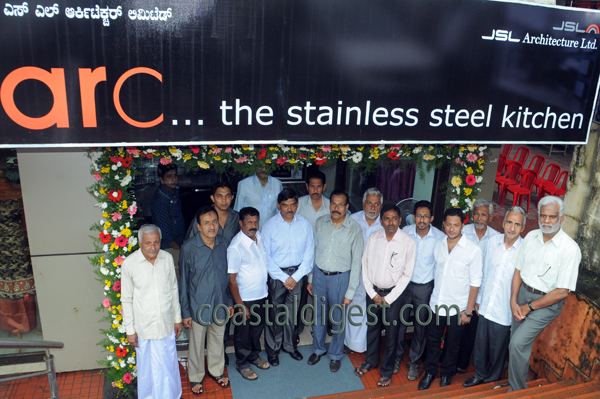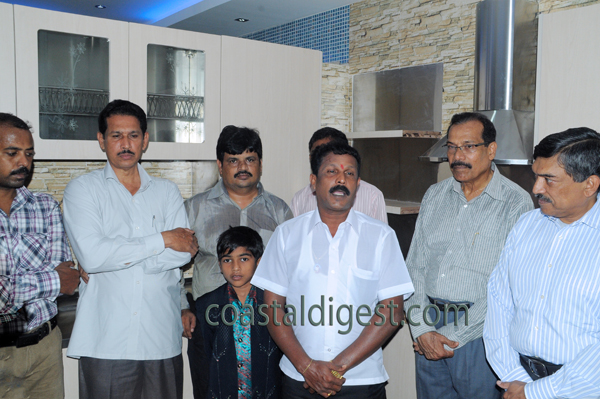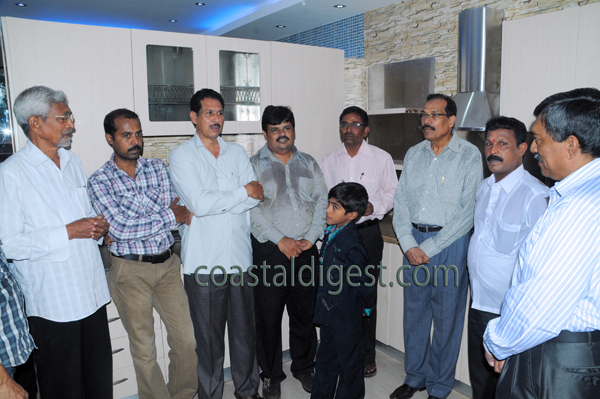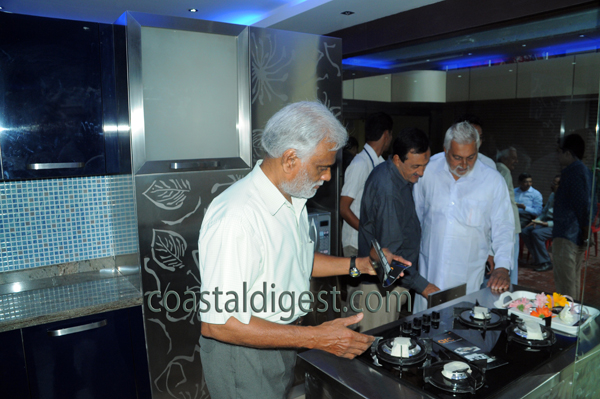Bengaluru, Feb 4: The possibility of defeated MLA CP Yogeshwar being inducted into chief minister BS Yediyurappa’s cabinet is causing ripples within the ruling BJP, with many legislators, especially from Kalyana-Karnataka region, raising a banner of revolt.
Several MLAs led by Surapur legislator Narasimha Nayak, also known as Raju Gouda, held a meeting at the Legislators Home on Monday and voiced their opposition.
"When there are more than two dozen MLAs aspiring for a cabinet berth, making a former MLA a minister is beyond logic," Gouda said. "We will convey our feelings to Yediyurappa and state BJP president Nalin Kumar Kateel." Murugesh Nirani, Paranna Munavalli, Rajkumar Patil, Dattatreya Patil Revoor, Basavaraj Mattimud are among others who attended the meeting. MP Renukacharya, political secretary to the CM and Honnali MLA, was also present at the meeting. "Some more MLAs will join us when we meet again tomorrow," Gouda said.
The MLAs highlighted the issue of caste and regional imbalance in the council of ministers to further their cause. With four from Bengaluru and three from Belagavi district set to take oath on February 6, the share of MLAs from these districts in the cabinet will rise to seven and five respectively. Currently, 16 districts have no representation.
Sources say Yediyurappa and BJP’s national leadership decided to reward Yogeshwar with a cabinet berth for his "active" role in getting 17 Congress-JD(S) MLAs to resign and join the BJP, enabling the party to grab power. The party also believes he has the potential to become the Vokkaliga face of the BJP in the Old Mysuru region, where the party’s organisation is weak.
If Yogeshwar is inducted, he will be the second former MLA to make it to Yediyurappa cabinet after deputy CM Laxman Savadi, who lost the 2018 assembly polls. Several party MLAs were unhappy with Savadi’s elevation and are now upping the ante against the party leadership.
"Let Yogeshwar be made Rajya Sabha or council member. We have no problem. But making him minister is not acceptable. If they want to make defeated MLAs ministers, then why not AH Vishwanath and MTB Nagaraj, whose sacrifices brought BJP to power?" said Gouda.
Reports say Yediyurappa has promised Vishwanath and Nagaraj, the disqualified MLAs who lost the bypolls, that they would be made ministers in June. Both met Yediyurappa and secured this assurance. The two were demanding that they be inducted into the cabinet on Thursday.
Meanwhile, Vijayapura MLA Basavanagouda Patil Yatnal urged the CM to evaluate the performance of existing ministers and drop those found non-performing. "Many ministers don’t even come to the Vidhana Soudha. What is the use of having such ministers?" he asked.
Yediyurappa also continued to face pressure to induct Athani MLA Mahesh Kumatalli into the cabinet. The Jarkiholi brothers, Ramesh and Balachandra met Yediyurappa separately on Monday with a request to make Kumatalli, their confidant, a minister.












Comments
Pleas give phone number
Please give address of your shop and confirm whether that shop will be open on Sundays
El estudio demostró que los usuarios comprendían que el branded content es parte
integrante de las estrategias publicitarias de las marcas.
Also visit my web-site marca wikipedia contenido español: http://ufxtrading.com/article/article.php?id=33146
Add new comment